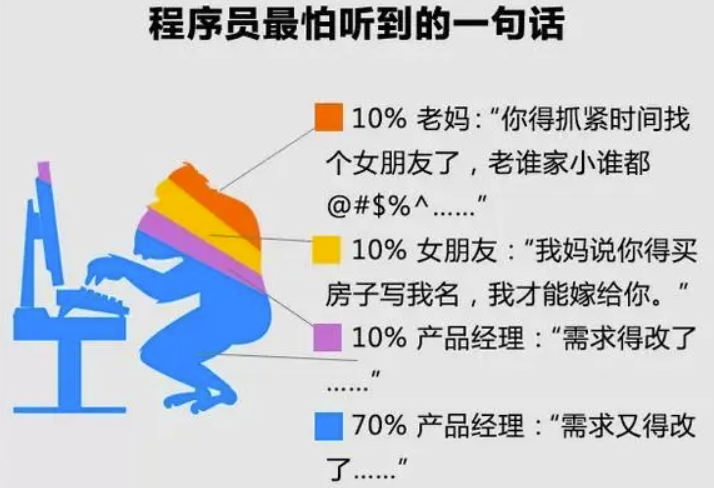Carbon capture and storage (CCS) is a process that can significantly reduce greenhouse gas emissions by capturing CO2 at the source, such as power plants and industrial facilities, and then storing it underground or in other secure locations. This approach has the potential to recover massive amounts of CO2 from the atmosphere, helping to mitigate climate change.
However, CCS is still a relatively expensive technology, which has hindered its widespread adoption. The process requires significant infrastructure investments for capturing, transporting and storing CO2. Additionally, there are concerns about the safety of storing large quantities of compressed CO2 underground. Leakage of stored gas could have serious environmental consequences.
Therefore, while CCS shows great promise in reducing carbon emissions, further research is needed to improve its efficiency and lower its cost while ensuring safe operation. Governments and businesses must also work together to create policies that incentivize investment in this technology and encourage its deployment at scale.



















